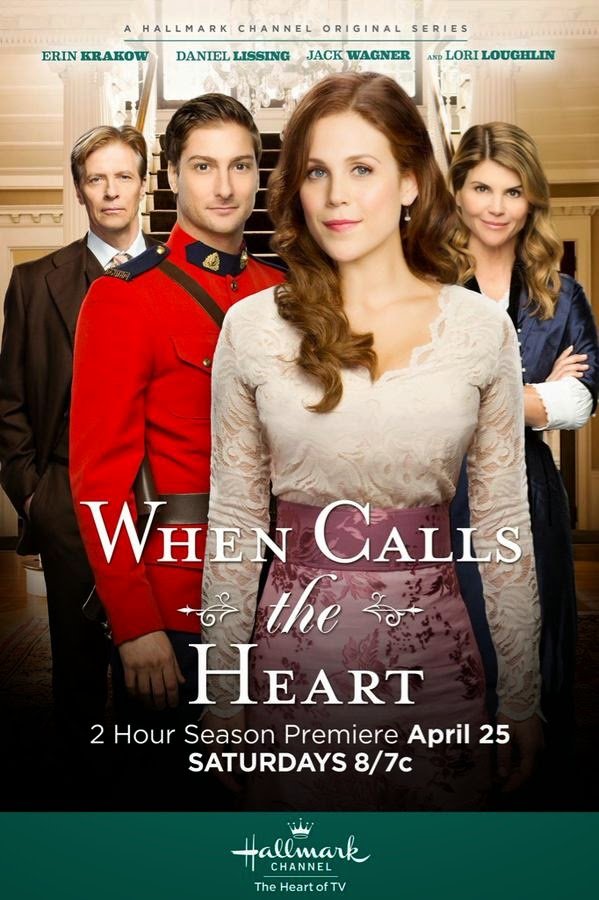Emmys Postponed Due to WGA and SAG Strikes
By Movieguide® Contributor
Emmy vendors have been told this year’s ceremony will not air on September 18 as planned due to the ongoing WGA and SAG strikes.
“Like the rest of the industry, we hope there will be an equitable and timely resolution for all parties in the current guild negotiations. We continue to monitor the situation closely with our partners at Fox and will advise if and when there is an update available,” the TV Academy said in a statement.
With actors on strike and unable to promote projects, the Emmys ceremony audience would be almost empty if the show went forward as planned. The writers’ strike means anyone writing jokes or monologues for the show’s host and presenters would be crossing the picket line.
It’s unknown when the postponed ceremony will occur, but Yahoo reported that “the Television Academy wants the ceremony to air in November, while Fox is pushing for January 2024.”
This is the first time the Emmys have been postponed since 9/11, according to The A.V. Club.
Movieguide® previously reported on the writers’ strike and its impact on the industry:
Despite the success of THE SUPER MARIO BROS. MOVIE, lead voice actor, Chis Pratt is firm that talks of a sequel will not start until the Writers Guild of America (WGA) strike is finished.
“We’re in the midst of this writers’ strike, and so everything has been paused and [put] on hold for the right reasons,” Pratt said. “I really do support the WGA and our writers. When the negotiations have been completed, and the writers feel comfortable moving forward, then it’ll be time to start talking about what’s next for that.”
The WGA is striking for increased job security. The WGA is demanding that production companies keep AI out of the writer’s room in order to stave off job replacement from the emerging technology.
Movieguide® also reported on the SAG strike:
SAG President Fran Drescher shared that she never wanted her union to go on strike.
With some of her union’s members making less than $10,000 a year, and many making under $65,000 a year, the financial strain of a strike would be very costly. The low salaries, however, are exactly the reason the strike needed to happen.
“[We want] a new business model,” Dresher continued. “The whole residual component of the old contract: What is the longevity of the show and the long string of pay, none of that exists with streaming? We have to find the pocket of that money, so we get our rightful share because we’re building this platform and they are building the business on us.”
https://www.instagram.com/p/CvOaZSZr-I0/?utm_source=ig_web_copy_link&igshid=MzRlODBiNWFlZA==
Questions or comments? Please write to us here.


 - Content:
- Content: 


